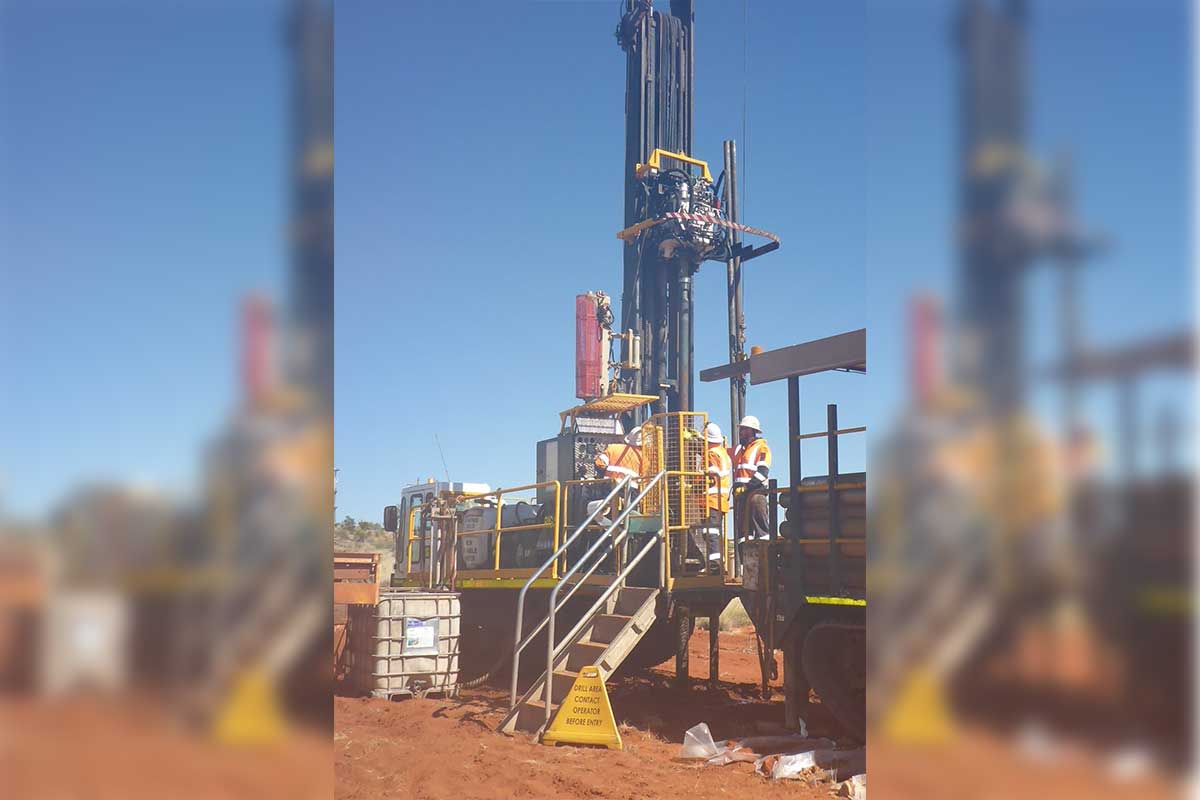Water bore drilling in the Northern Territory - complying with the law
Bore work is a regulated activity in the Northern Territory (NT). Regulating bore work helps to protect aquifers, and enables improved understanding of some of the Northern Territory’s most important water resources.
Property owners, licensed drillers and drilling companies all hold responsibilities to make sure bore work is compliant.
Incorrect bore construction can pose environmental risks to aquifers, including through cross contamination between aquifers.
While Water Regulation is responsible for assessing licence and permit applications and monitoring compliance with legislation, including for bore work permits and driller licence conditions, property owners, licensed drillers and employers also have a responsibility to play in aquifer protection and bore work. Moreover, the information that is provided to the department through these activities improves the understanding of the groundwater systems across the NT.
This includes information such as aquifer connectivity (or not), geographical distribution, geological and hydrological characteristics, and local and regional variations of these. A fact sheet PDF (462.3 KB) has been completed summarising the different stakeholder responsibilities.
Due to the NT’s vast area and the remote localities of most water bores construction, Water Regulation is reliant on all stakeholders playing their part to protect the groundwater systems of the NT.

